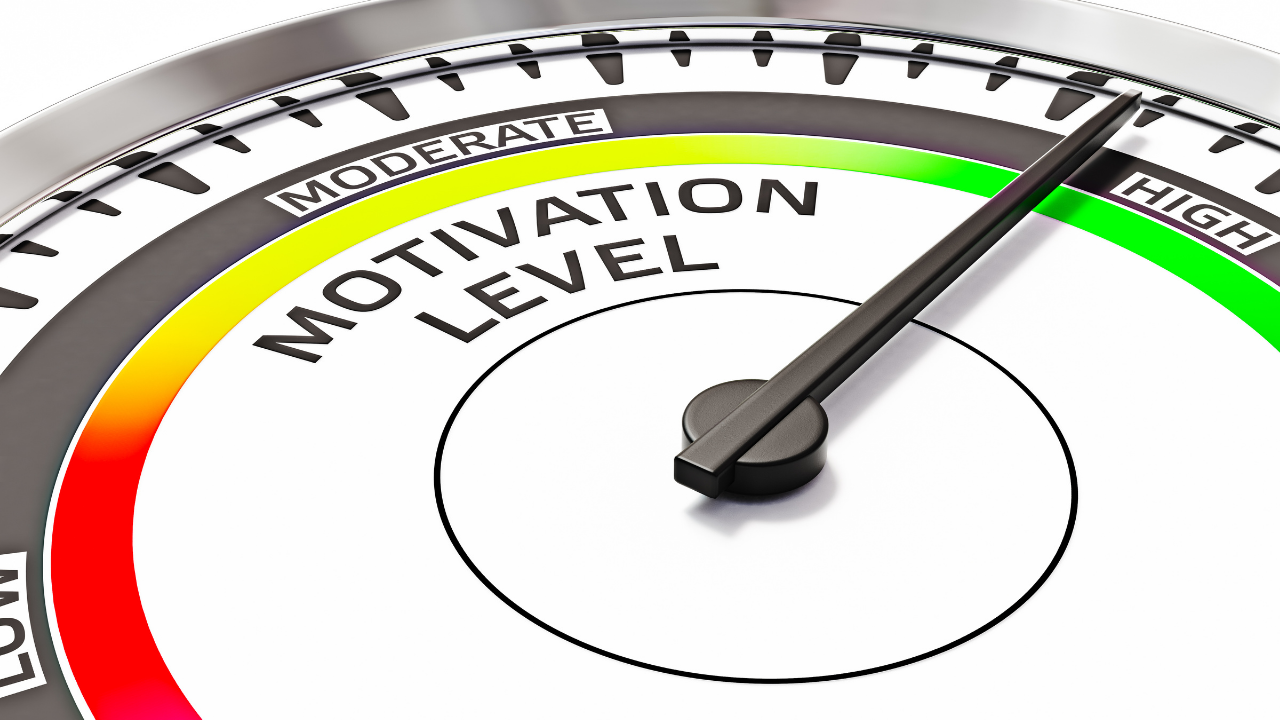How often do you tell yourself that “it was my lack of willpower that kept me from being successful at ____” (fill in the blank – eating less, exercising consistently, journaling daily, etc.).
As a coach I hear willpower blamed for many “failures.” What is especially curious to me is when the client’s stated goals are in direct opposition to the behaviors performed. Someone emphatically wanting to lose weight yet continuing to eat a high calorie dessert every night.
What is willpower anyway? A simple definition is to control one’s impulses and actions. On its own that sounds like a very difficult task. In the dessert scenario then, what’s being asked is to somehow convince yourself that you really don’t want that rich, delicious piece of chocolate cake that smells divine and you know will be oh so tasty. Hmmm.. you might be able to do that a few times but long term – good luck! And so it goes that many of us come up short when making lifestyle changes.
Dictionary.com defines motivation as, “the psychological feature that arouses an organism to action toward a desired goal; the reason for the action; that which gives purpose and direction to behavior.” You probably noticed the similarities between the definitions for willpower and motivation. Specifically, each is based on a cognitive process and results in an action.
What is your motivation when presented with a decadent piece of cake? You might say – to eat it of course! OR you could take a minute to reflect on your wellness goals and how eating that piece of cake will support or impede your progress.
Suppose you are trying to lose weight, which in itself probably isn’t going to keep you from grabbing your fork. Look deeper though and remember why you set that goal for yourself. Is it so you can have more energy and feel better? Or maybe you’re training for an athletic competition where you really want to set a personal best and take home that medal. Perhaps your joints are hurting and losing weight will lessen your pain.
Behavior change is rarely successful long term using the mind over matter, willpower strategy. When you uncover your inner motivation to do something that is in line with deeply held values – lasting change will result.
If you are currently struggling to improve an aspect of your life take the time to ask yourself why this is really important to you and what your life will be like if this change is achieved. Think beyond the easy answers and consider not only physical attributes such as how you will look and also explore how you will feel. Be patient with yourself as it may take some time to discover your true motivation.
Now, using your motivation instead of willpower alone what will you do with that cake?



